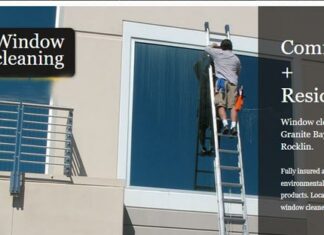Last week, I interviewed a young lady with autism over email because she felt more comfortable with that method of communication. For a similar reason, this week, I interviewed via email Tait Berge of Colorado Springs, Colorado, who has cerebral palsy, which was caused when brain damage at birth permanently affected his muscle coordination. In part, some people have difficulty understanding his speech.
As background, Berge earned a college degree in journalism and authored a book that helps church leaders learn ways to include people with disabilities into church life. I edited his answers for space reasons.
Now age 40, he wrote, “I use a (motorized) wheelchair and my speech is difficult to understand. Even though cerebral palsy technically doesn’t get worse, I’m finding it more difficult as I age to do daily activities.
“I need a lot more help than I used to, but still get stuff done myself, like fix lunch in the microwave or lie down for a nap. I can type and work on the computer, read, and make simple meals. I teach (Sunday school) and read Scripture at church. I can’t shower, bathroom, dress or drive myself, though. I go into (social) situations expecting to be misunderstood and am surprised when people understand me. I’m just another customer or person going about daily life. Do people understand everything I say? Of course not. But my speech is much better than it was. Also, many of today’s business owners are from my generation, i.e., they were the first to grow up around kids with disabilities. So to many of them, disability is natural.
“My church has accepted me. They don’t see my disabilities. They see possibilities. There are dozens of examples in my book about their building ramps, helping me get food, and making me part of their community. They see the Lord in everything, seeing possibilities, not problems. I wrote my book to anyone in Christian leadership to show them how a church can accept and work with someone with a disability without having to develop a program or spend money. The church is not complete until people with disabilities are serving.
“Through the book, I’ve been in touch with people who are writing about accessible churches or would like to learn how to have one.”
(21+ years strong)
Welcome to the brighter side!
Get in front of local customers! 24/7 (365)



















